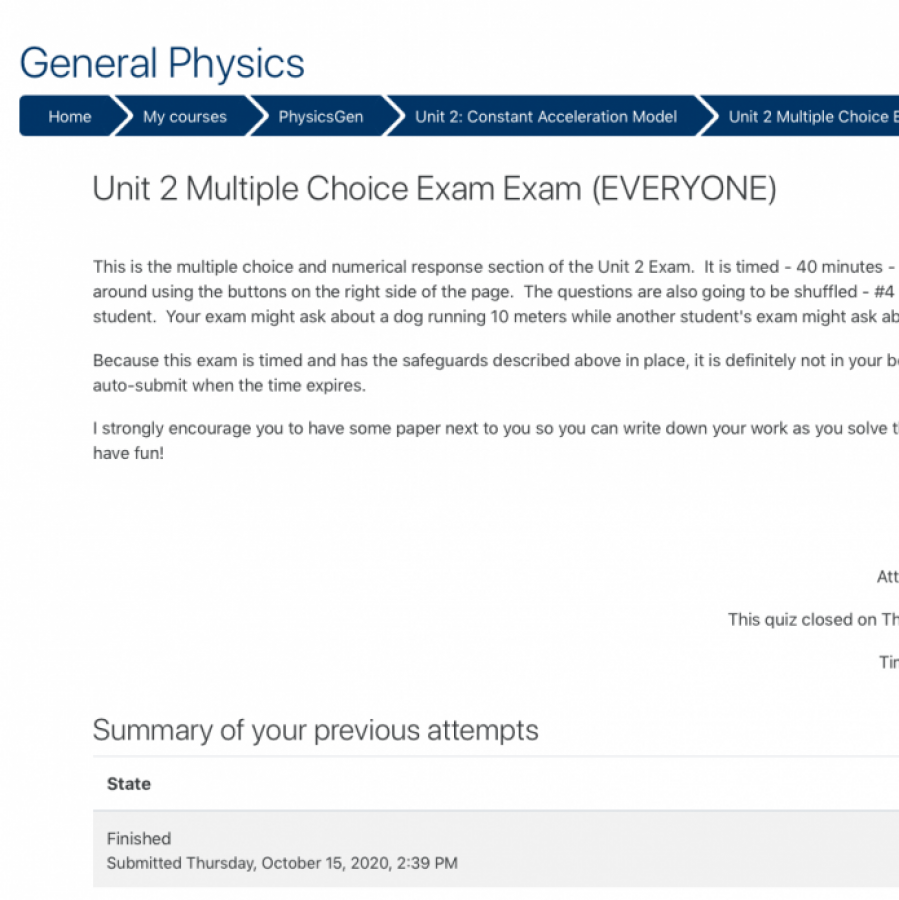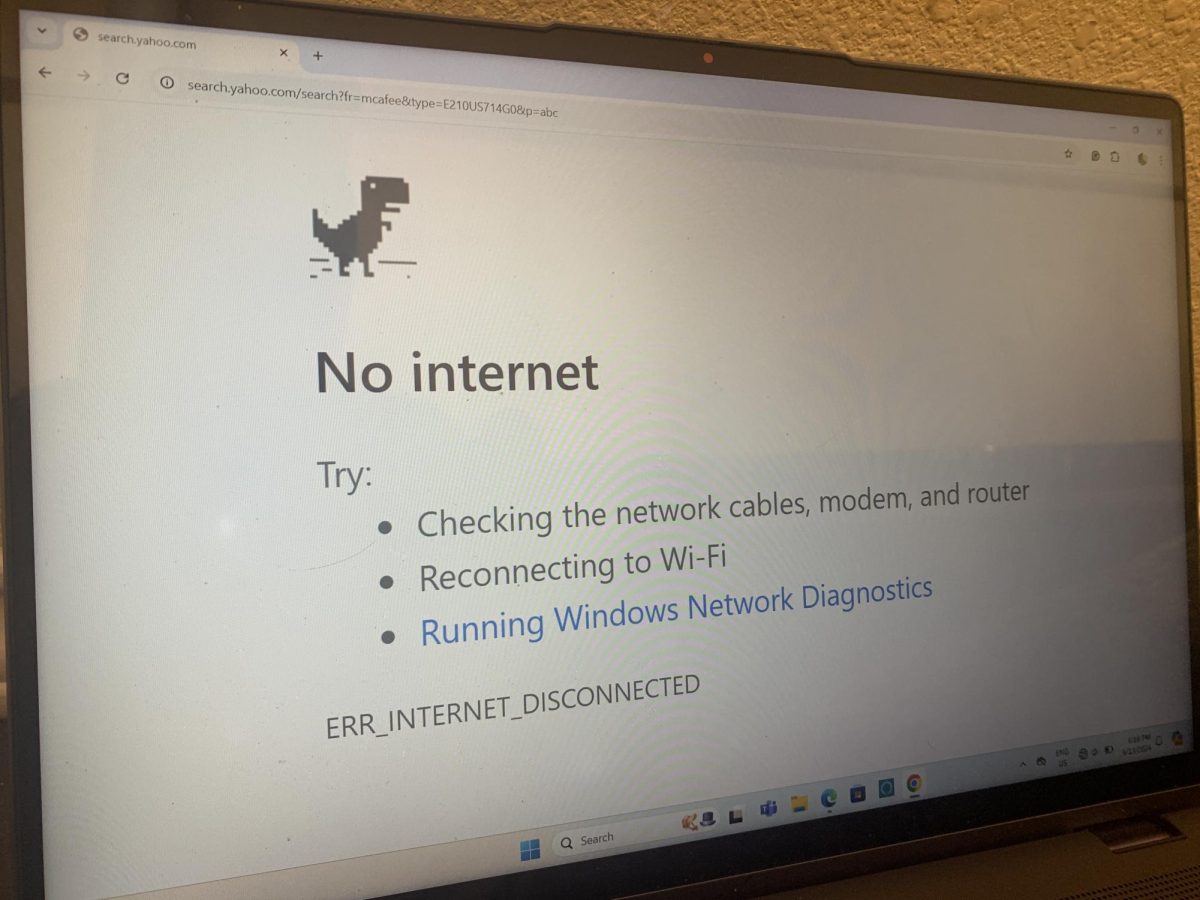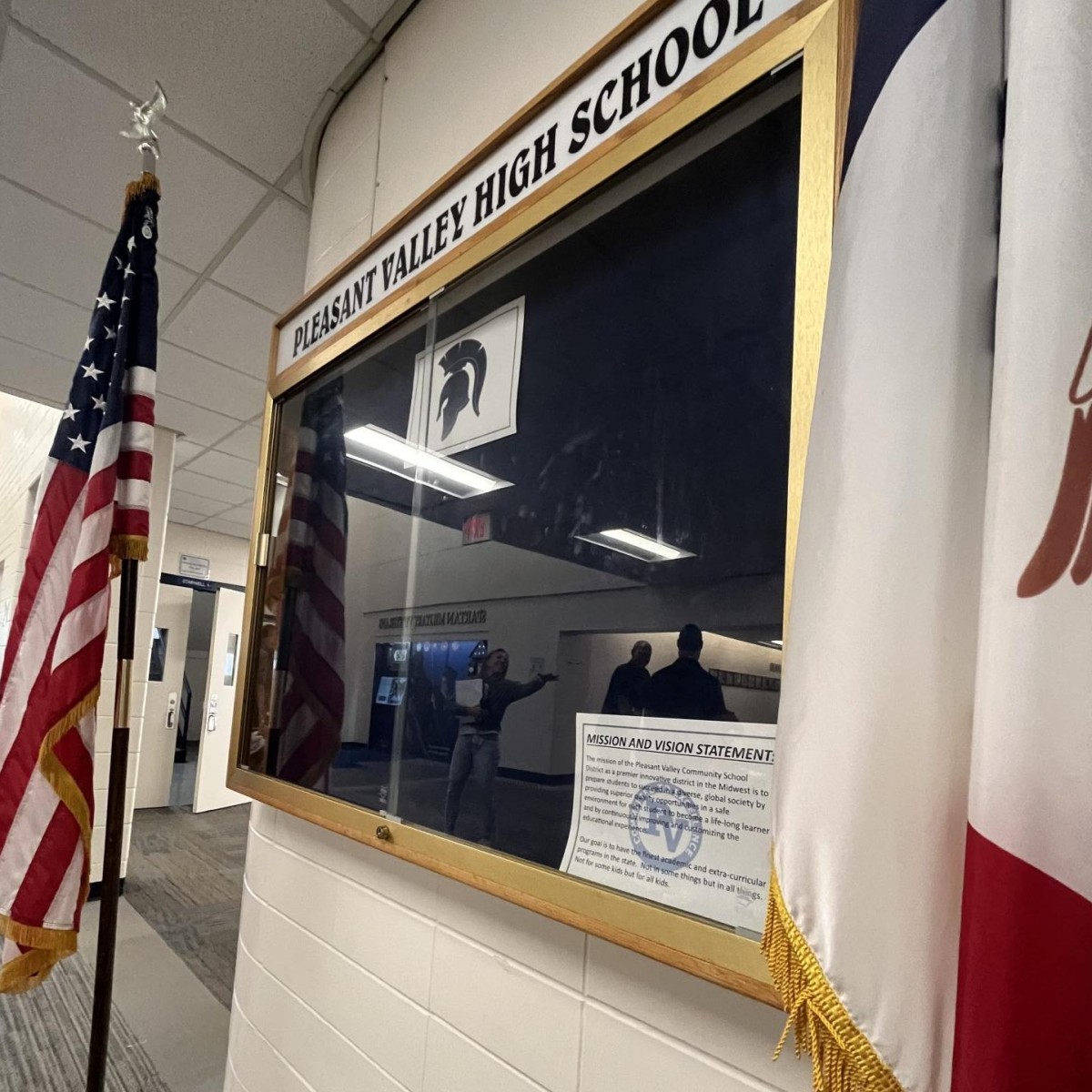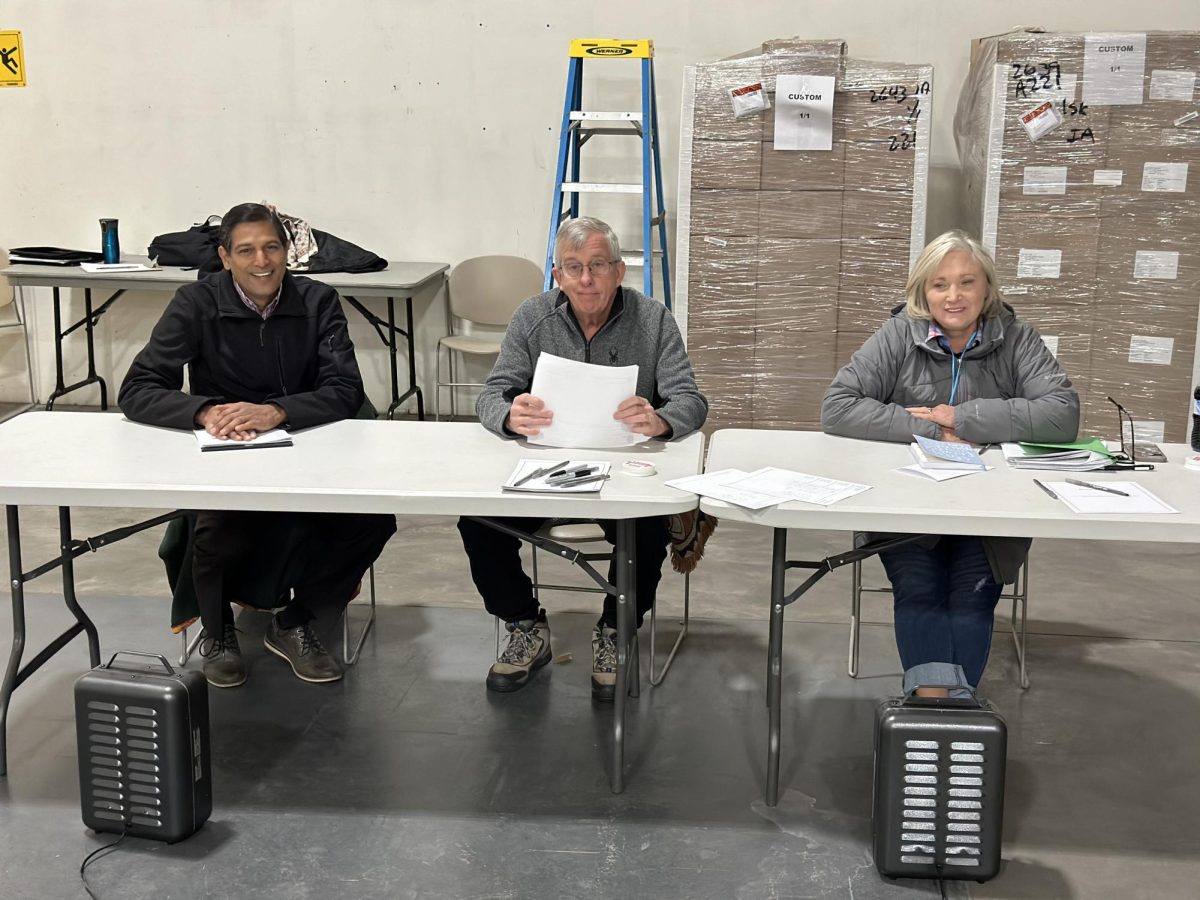This school year, hybrid students attend in-person instruction every other day, while remote learners do not. This has made it difficult, and sometimes impossible, for teachers to administer tests in-person. Teachers are finding it challenging to prevent students from cheating on exams, as there are few effective measures teachers can take to prevent these behaviors.
Some platforms like HonorLock, provided by Scott Community College, are used in dual enrollment classes to help combat cheating-but no system is perfect. HonorLock is a platform that works alongside EICCConnect’s “Canvas” andentails students video recording themselves taking the exam remotely, while simultaneously screen recording their computer screens. This is meant to prevent them from utilizing other resources, such as the internet, to find answers.
This method has mostly proven to be effective, but there are still ways students can cheat. Another preventative measure teachers take is making students take the test on their Chromebooks while employing restricted mode.
Craig Parker, who teaches Anatomy and Physiology and Physics, administers online portions of his tests for each exam. “I do not have any known cases of cheating [on online tests]. I have cases where I suspect cheating, but nothing I can prove was cheating, and so that is one of the drawbacks of online testing and there’s only so much we can do to prevent cheating on online tests,” Parker stated.
Students are well aware that it is hard to get caught. An anonymous poll was conducted on Twitter asking students if they have cheated on online tests this school year. The results? 70% of respondents admitted to cheating at least once and students who cheat once are likely to repeat the offense.
Students are cognizant of the possibilities when it comes to cheating on virtual tests. Junior Alyse Zuiderveen spoke about her thoughts on cheating-specifically on online tests.
“I believe that while I personally wouldn’t cheat because of the moral issues I have with it, others might be tempted to. I believe that in terms of what is challenging, in-person tests force students to remember concepts outside of their notes and apply them,” Zuiderveen said. She believes it is important for students to exhibit integrity and earn their grades through honest means.
“Middle Earth”’s article on cheating states the many repercussions to cheating on exams in school: lowering one’s self-respect, confidence and potentially losing the ability to think independently. The authors of this article strongly discourage cheating, as in the long run learning how to uphold moral concepts like honesty and perseverance outweigh the benefits of short-term educational success.
This is especially important during the current COVID-19 pandemic. Some students engage in mental battles daily, while other students struggle with staying motivated this semester. According to WordPress’ article, cheating only lowers self-esteem and motivation to work hard in school.
As the school year progresses, school administrators and teachers are pushing students to act with integrity and do their own work, hoping that students will make the right decision when opportunities to take the easy way out arise.















